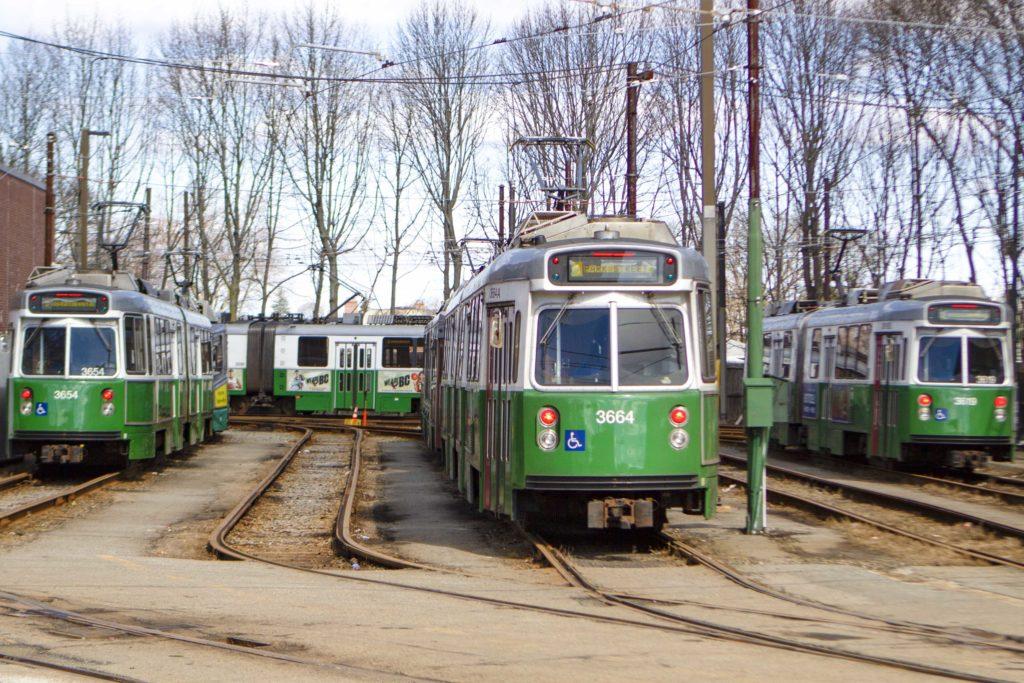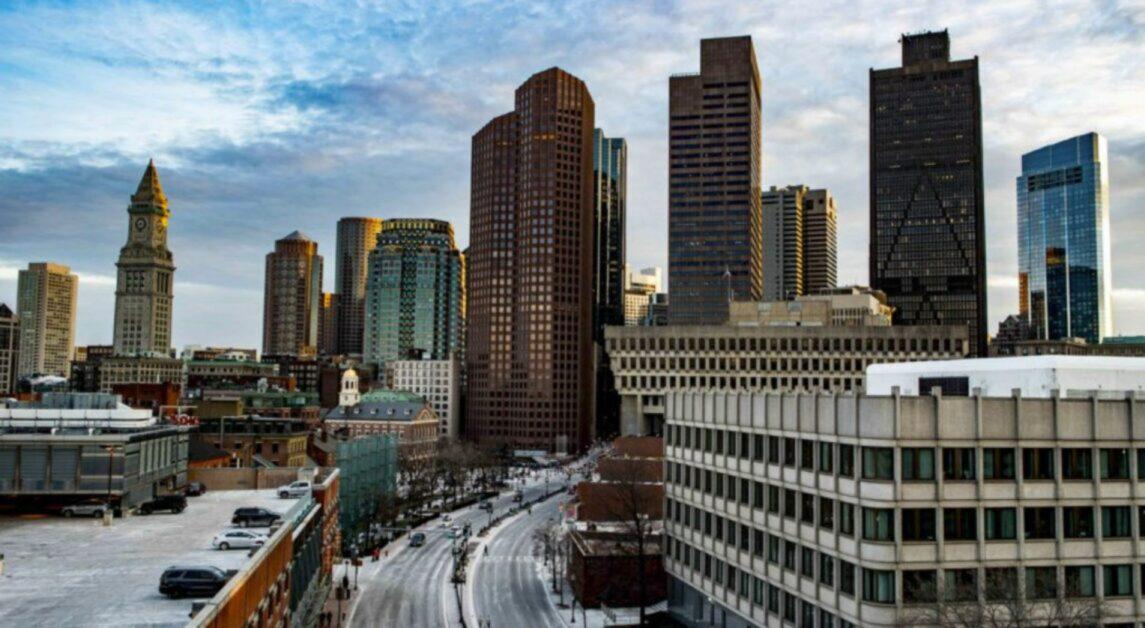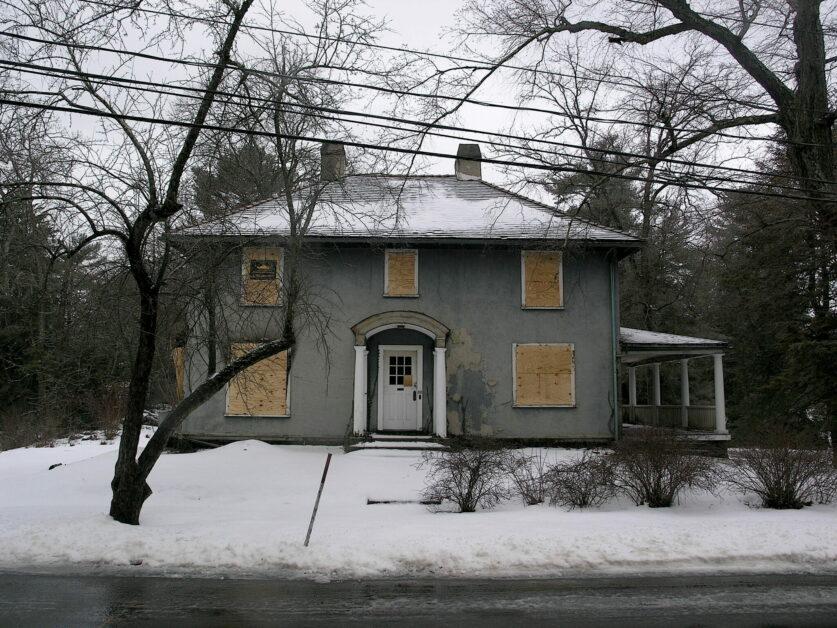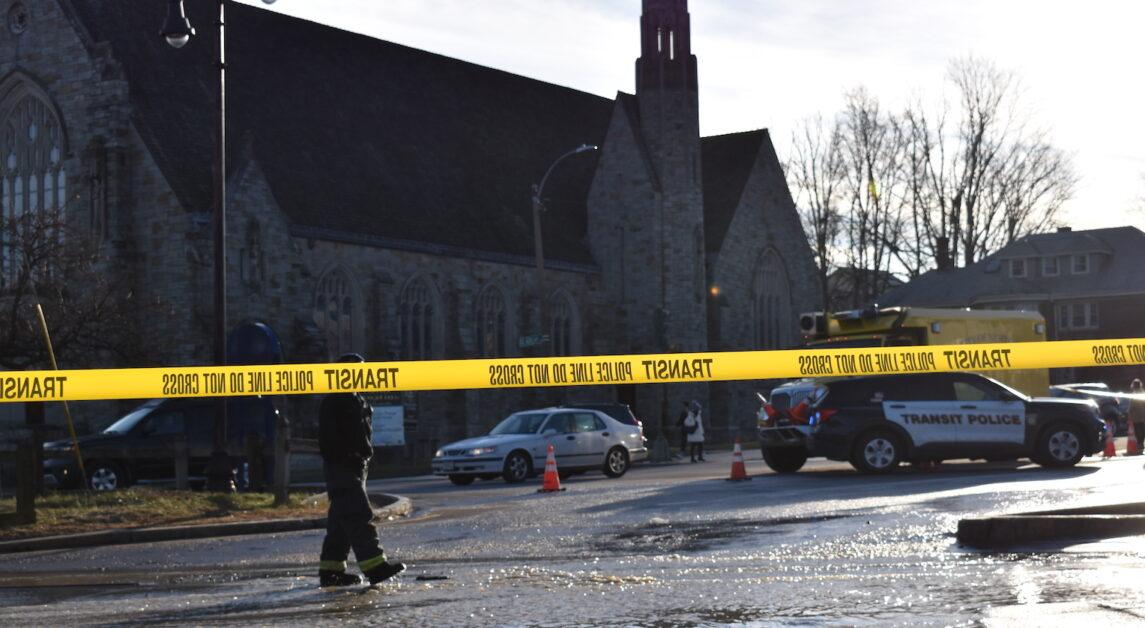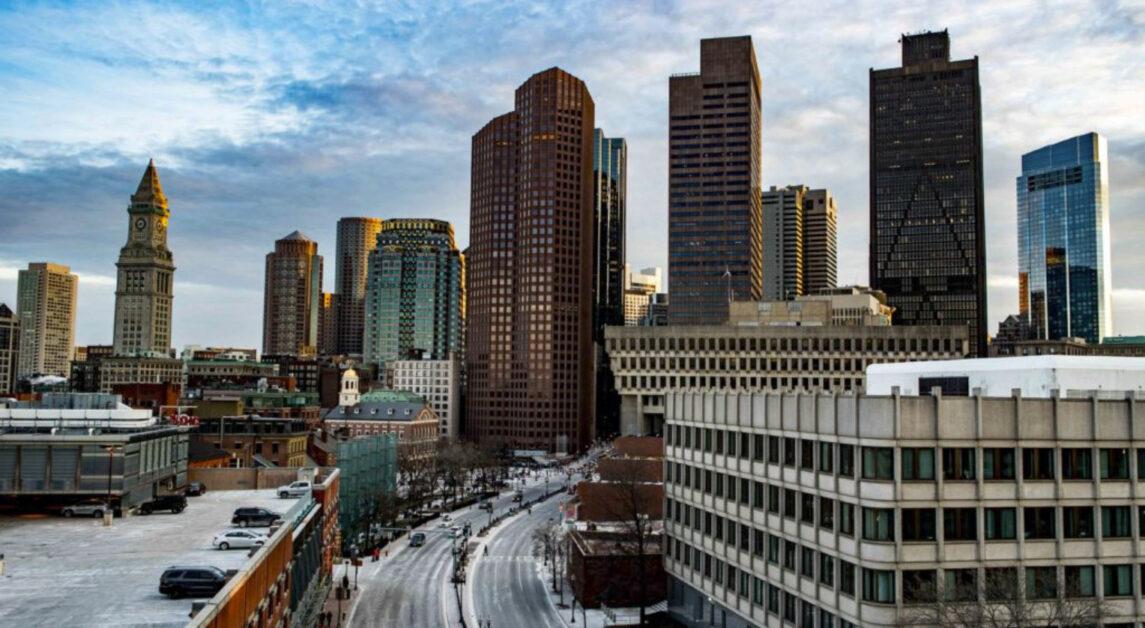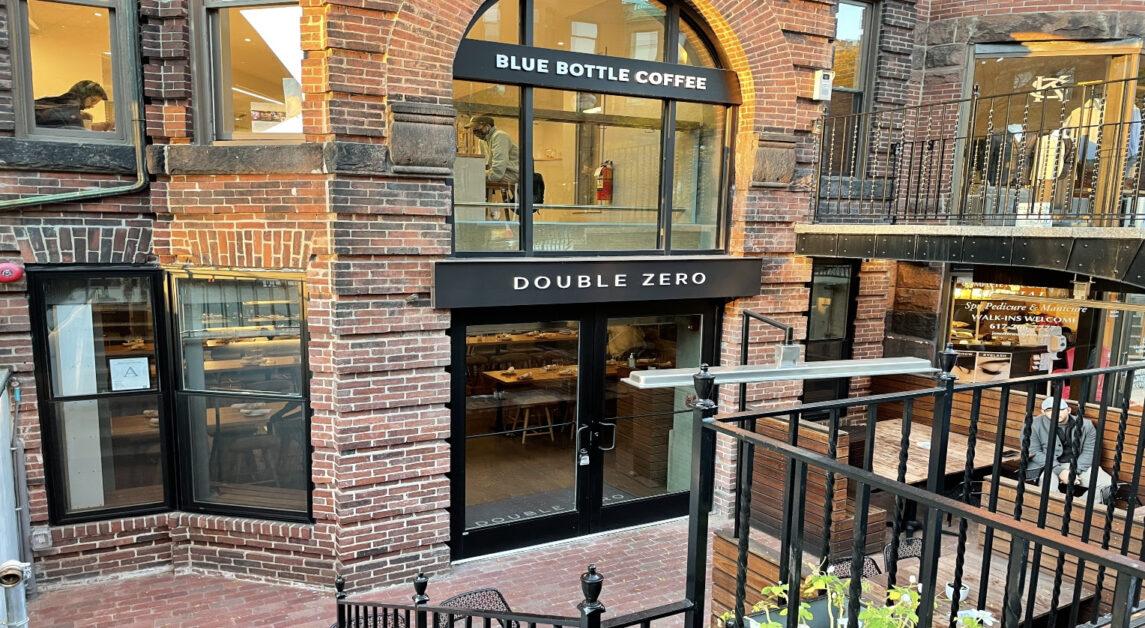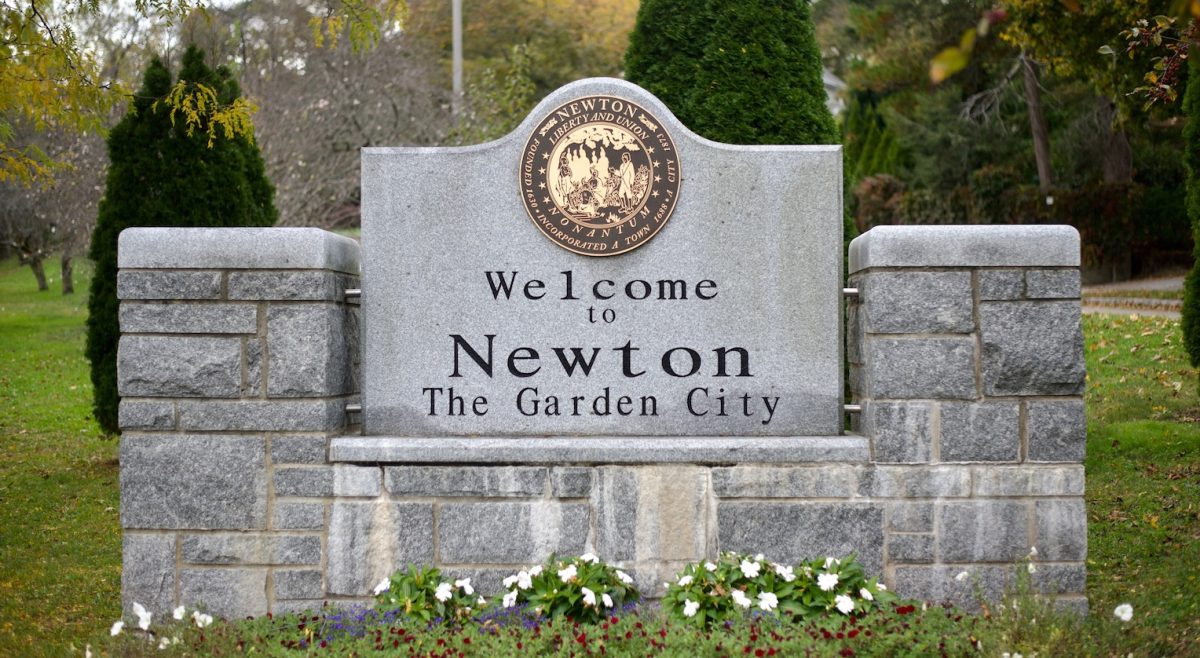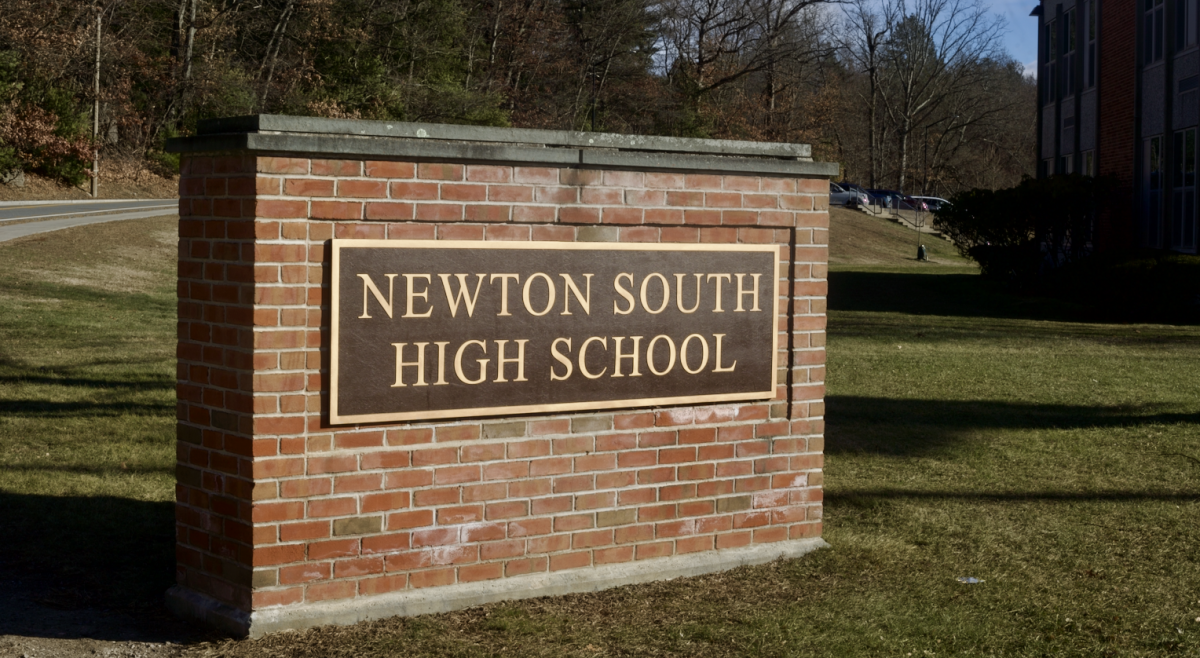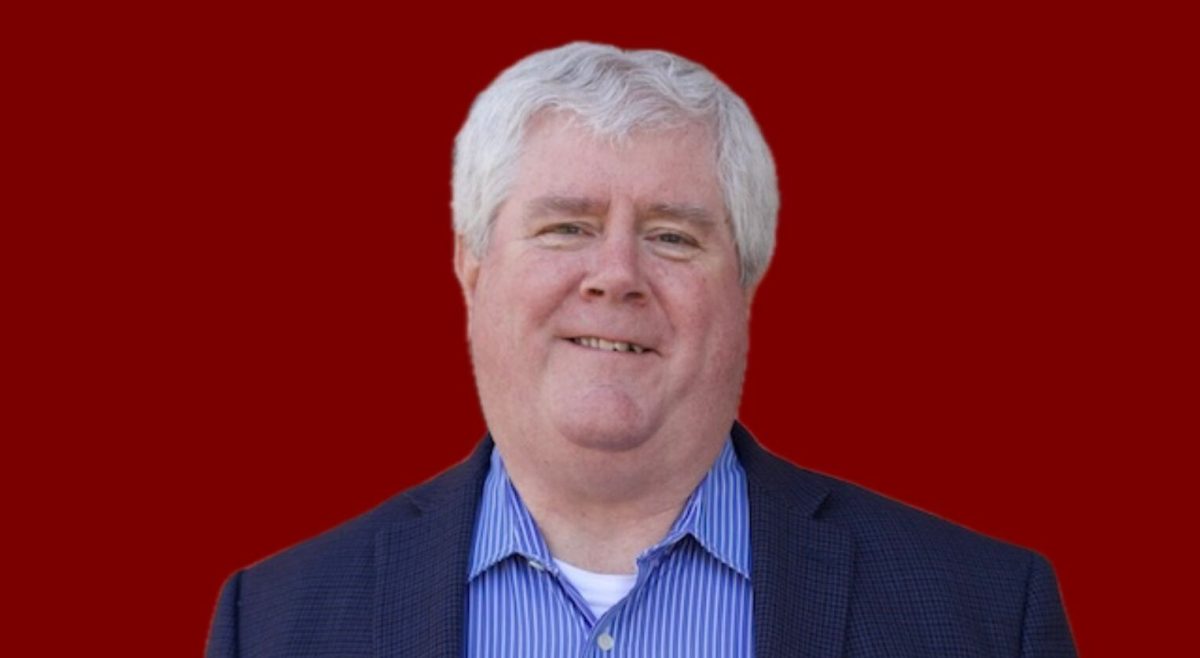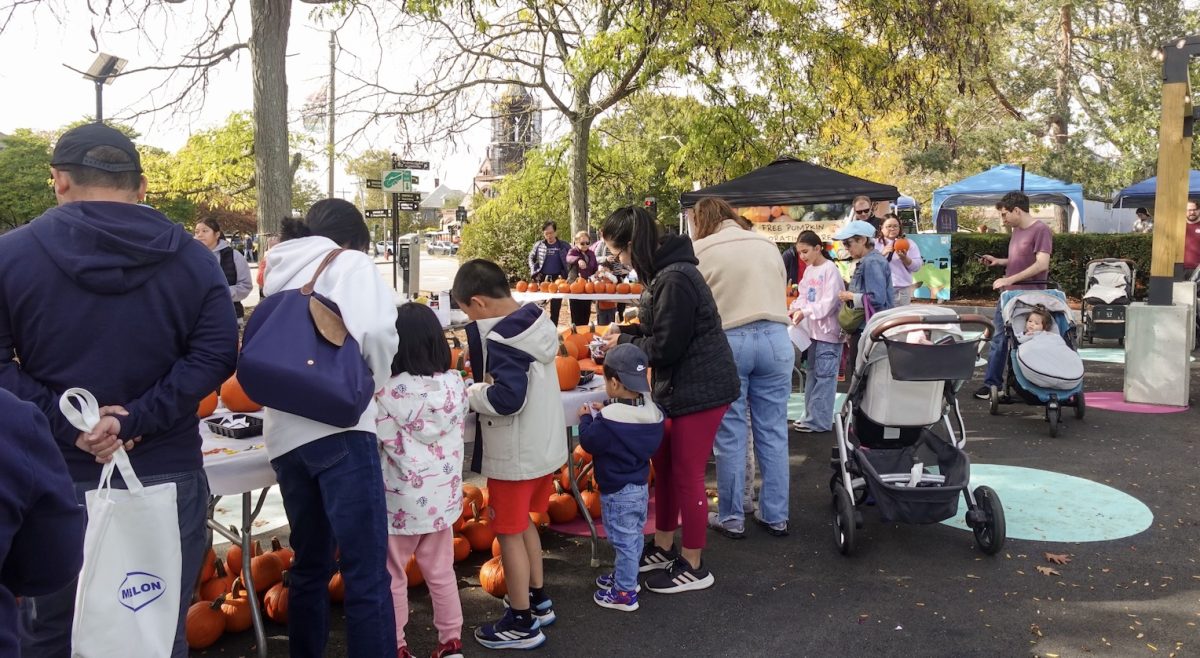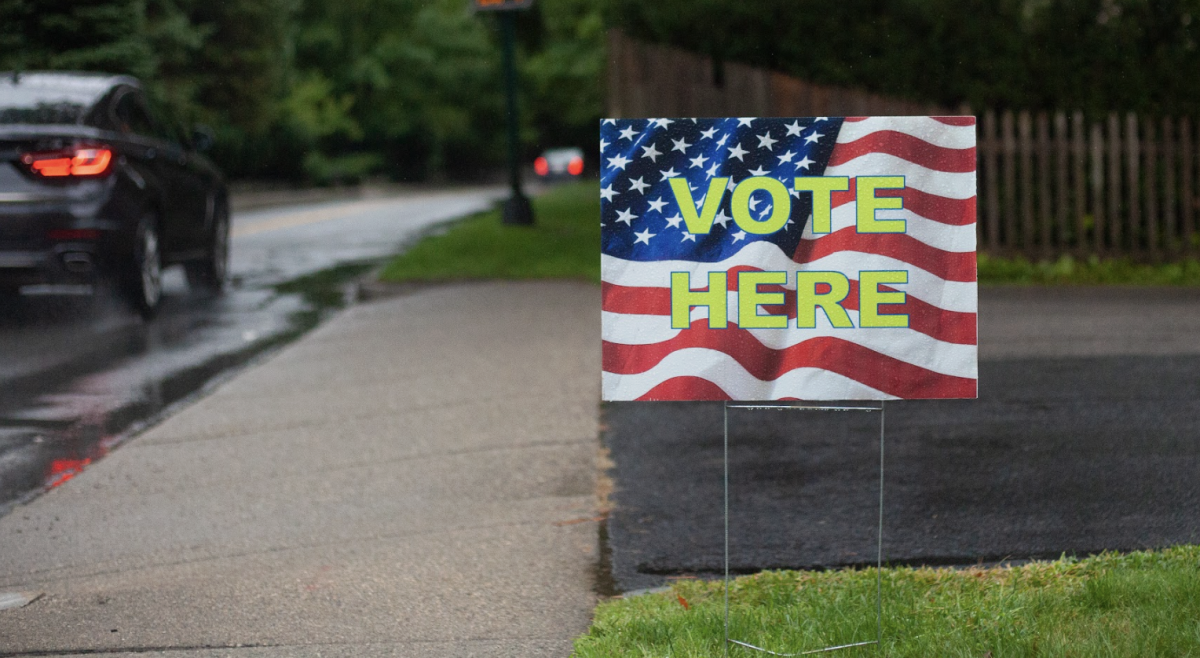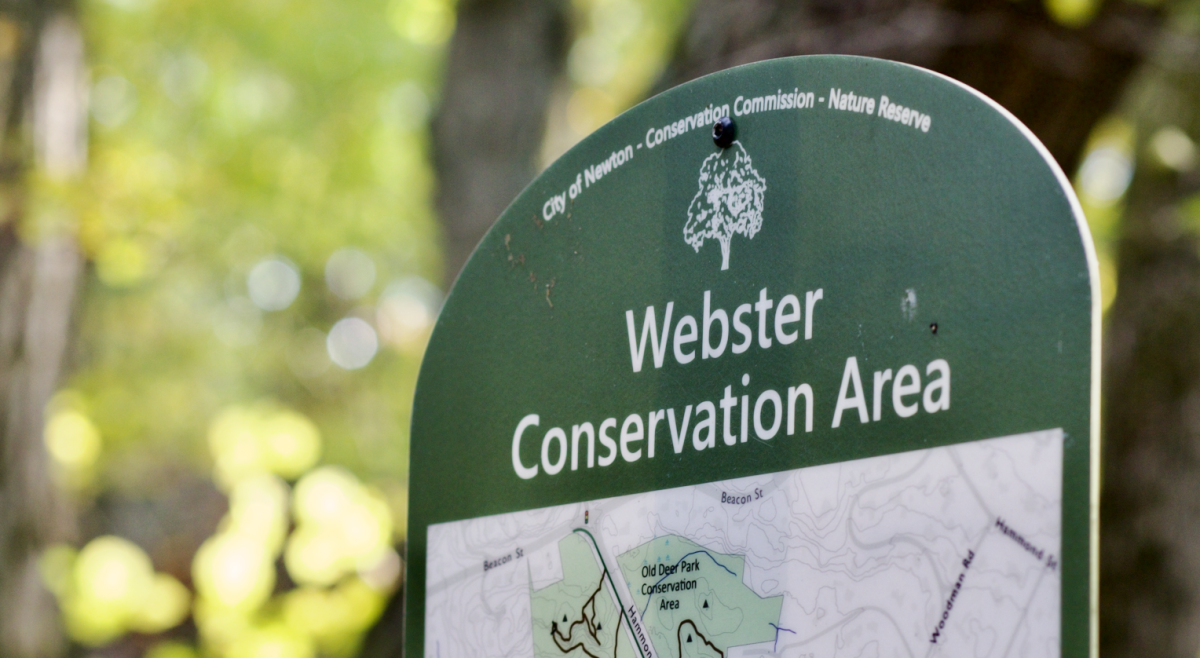The Massachusetts Bay Transportation Authority (MBTA) proposed a number of service cuts to account for the $580 million budget shortfall it is experiencing due to decreased ridership during the pandemic. The proposed cuts, which it introduced as a part of its “Forging Ahead” initiative, include stopping commuter rail services on weekends and weekdays after 9 p.m. and eliminating all ferry services as early as this spring.
The MBTA has had to reevaluate the way it is operating now to ensure that it can continue to do so in the future, according to a statement from Steve Poftak, MBTA general manager.
“Using limited resources to operate nearly empty trains, ferries, and buses is not a responsible use of the funding provided by riders, communities, and taxpayers, and it does not help support the transportation needs of our region,” Poftak said. “Saving resources now will help the MBTA to bring back service when it is needed after the pandemic has faded.”
Poftak also said that the changes may not be permanent and will not take effect immediately. If ridership remains low after the pandemic, though, some changes may last. Bus and subway routes will remain unchanged, but the frequency of rides will be reduced and services will end at midnight.
“We are carrying out a comprehensive outreach process and encourage all members of the public to provide comments and feedback, as we want to hear from riders to help us identify and protect the services that support transit-critical populations and communities,” Poftak said.
Two of the few bus routes that will be eliminated from service will be bus routes 52 and 505, both of which pass through Newton.
Mayor Ruthanne Fuller said in a statement on Tuesday that the MBTA cuts will be damaging to employees, seniors, and children without access to cars. The proposed cuts will disproportionately impact those with tight budgets, and have other adverse effects, according to Fuller.
“It will undermine our environmental goals, our ability to reduce congestion, and the promise of transit oriented housing, retail, restaurants, and offices,” Fuller said.
The Newton City Council also released a statement in response to the proposed cuts. In the statement, the council recognized the financial challenges that the MBTA is facing, but also pointed out the negative effects it could have on lower income residents of the neighborhood.
In the past five years, Newton has begun to develop more affordable housing projects like Riverside, Northland, and Trio, with the expectation that public transit would offset increased vehicle traffic, the statement said.
“We are also concerned that the plan will have secondary, disparate impacts on lower income and transit dependent riders,” the council said in the statement.
The council said that not only would the cuts impact those in Newton who depend on the T, but it would also make it more challenging for those who commute into Newton for lower wage jobs in the restaurant, retail, and healthcare sectors.
In the statement, the council called on Massachusetts Governor Charlie Baker to increase funding for the MBTA citing positive examples of similar funding increases in Fairfax County, Va. and Denver, Colo. along with concerns for climate change.
“We believe that now is a time to invest in transit,” the statement reads. “Forging ahead should mean we are moving towards a better future, a future where we meet our climate and housing goals, we support economic resiliency and growth, and where our communities become more equitable. Otherwise, we are not forging ahead but falling behind.”
The MBTA is in the process of holding 11 public meetings, by region, over zoom to discuss the proposed cuts with constituents. The MBTA’s final vote will be on Dec. 7.
Featured Image by Maggie DiPatri / Heights Editor

